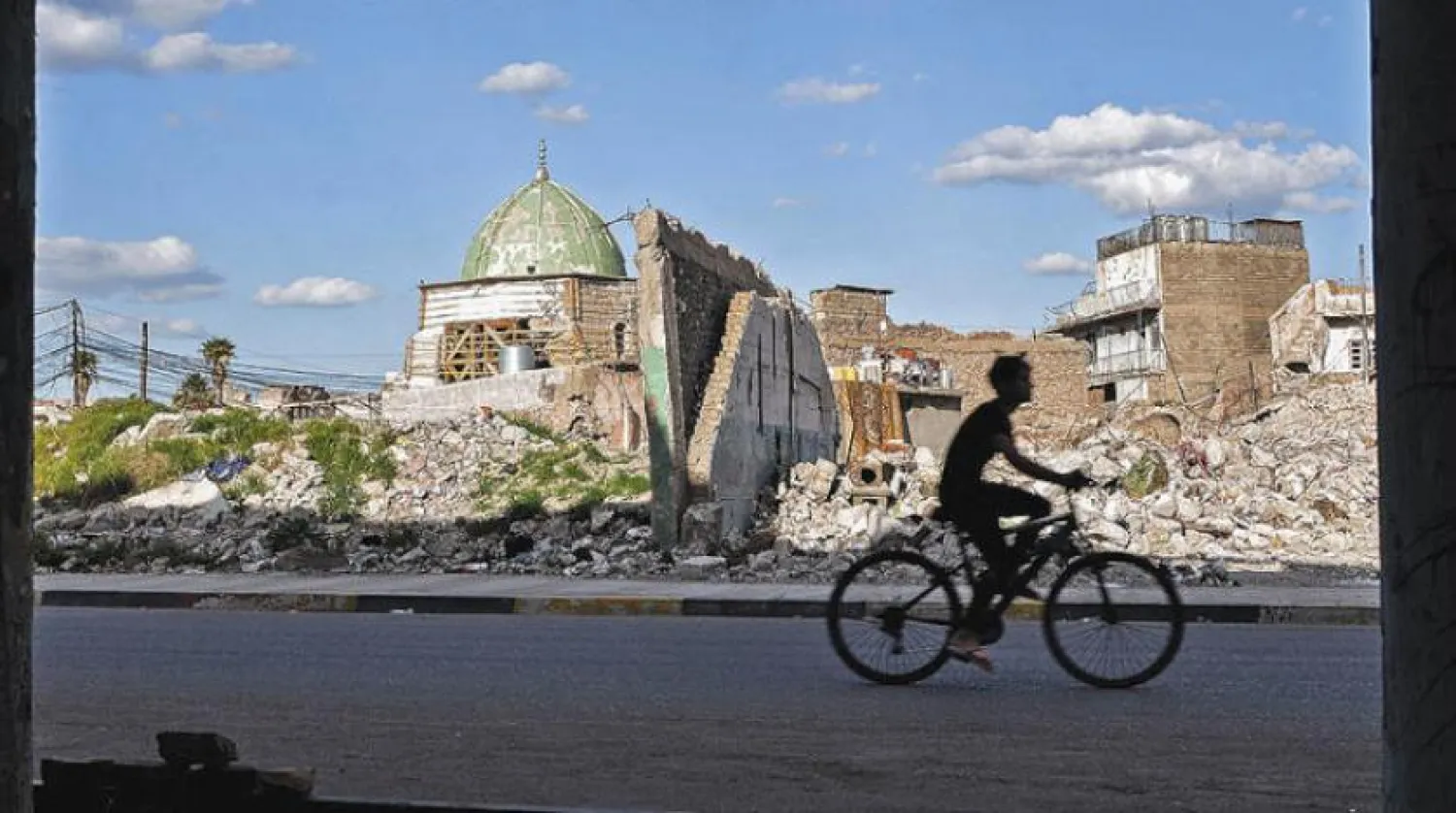Fitch Ratings has revised the outlook on Iraq's long-term foreign-currency Issuer Default Rating (IDR) to stable from negative and affirmed the IDR at “B-”.
The outlook revision reflects a smaller-than-expected decline in foreign reserves and materially higher oil prices relative to Fitch's baseline in April 2020.
Iraq’s rating is constrained by commodity dependence, weak governance, high political risk and an undeveloped banking sector.
Fitch expects government debt per GDP to decline in 2021 to 74 percent, before increasing gradually towards 80 percent over the medium term.
Political risks, domestic and regional, constrain the rating, it explained, expecting reserves to stabilize in 2021 as stronger oil prices and the devaluation narrow the current account deficit (CAD).
In other news, spokesman for Iraq’s Ministry of Electricity Ahmed al-Abadi said the US General Electric Co will take over Iraq's transmission network and interconnection with the electricity grid of Jordan.
In press statements on Wednesday, Abadi said the electric interconnection projects with neighboring countries are vital and contribute to supplying Iraq with power.
The project will take 26 months to be implemented and will supply Iraq with 150 megawatts of electric power.
Details of the project's launch phase will be set after approving the country’s 2021 state budget law.
In 2019, Iraq signed a deal with the GCC to build a power line that would import 500 megawatts of electricity.
According to Abadi, the project was activated but was later suspended due to the coronavirus pandemic and the global economic crisis.
He pointed out that the government agreed to open headquarters for the GCC Interconnection Authority (GCCIA) to later proceed with the project’s implementation.









